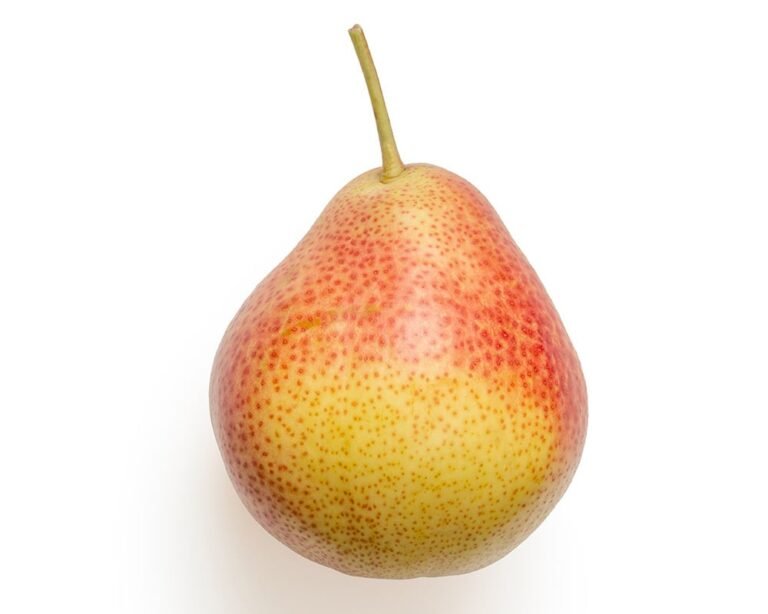l’alpha et l’oméga
The French idiom “l’alpha et l’oméga” translates literally as “the alpha and the omega.” What it really means is the start and end of something, or something in its totality, or just the totality. Its origin is the Bible. In the book of Isaiah, God says “I am the first and the last.” This means…









